Selfie sticks get samba seal of approval
Updated: 2015-04-13 02:43
By Yang Yao(China Daily Latin America)
|
||||||||
 |
|
People take a selfie beneath the famed Christ the Redeemer statue in December 2014 in Rio de Janeiro, Brazil. [Photo/Agencies] |
Chinese-made selfie sticks, the latest must-have for smartphone photographers, are proving a massive hit across the ocean in Latin America.
The products are particularly big in Brazil, according to manufacturers such as Bao Haigang, who runs Feitun Electronics in the southern Guangdong province.
"We make 30,000 to 40,000 sticks a day," the People's Daily quoted him as saying in a report about the industry. Bao's factory is in Shenzhen city's Bao'an district, the so-called home of selfie sticks.
He said 70 percent of his products are shipped to Brazil, with the rest heading to buyers in Europe and South Korea.
"Demand in Brazil is very strong. Some clients there order 150,000 units at a time," he said. "The technology is not complicated, so Chinese manufacturers can guarantee the lowest price for quality products."
The sticks are usually made of metal and are typically extendable, with a clamp at one end. By attaching a smartphone, users are able to take pictures of themselves from a greater range.
Bao said the wholesale price for one stick is 15 yuan ($2.50), plus an addition 0.1 yuan to transport them to Yiwu, in eastern Zhejiang province, where they are exported. According to the People's Daily report, it costs $1,500 to $2,500 to ship 20 metric tons to Brazil.
Zhang Xiaohong, a merchant from Yiwu based in Rio de Janeiro, was quoted as saying she sells up to 20,000 units a day, each priced at 90 real ($29).
Five shipping channels now connect China and Brazil, as well as more than 20 shipping companies compared with nine in 2006. Trade between China and Brazil is much greater now, Zhang said.
Made-in-China selfie sticks account for 99 percent of the market share in Brazil, according to the People's Daily report, which quoted An Na, a Zhejiang businesswoman in Sao Paulo as saying Chinese products are no longer seen as cheap and low quality.
Bao's company has established a research and development team, which is focused on micro-innovation and quickly responding to market trends.
Huo Jianguo, a Ministry of Commerce researcher, was quoted as saying that Chinese small and medium-sized enterprises are on the rise. Exports of small appliances had reached a value of $34.1 billion in 2013, taking 40 percent of the international market share, he said, and added that better quality and more innovated models had made them competitive.
Contact the writer at yangyao@chinadaily.com.cn
- IS gunmen attack S. Korea's embassy in Libya, killing 2
- Obama, Castro hold historic meeting, vow to turn the page
- Washington's trick of 'thief crying stop thief' on South China Sea
- Evacuation from Yemen ending as situation deteriorates
- Burnaby signs 'art' bridge
- Bird flu outbreaks reported in two Mexican states
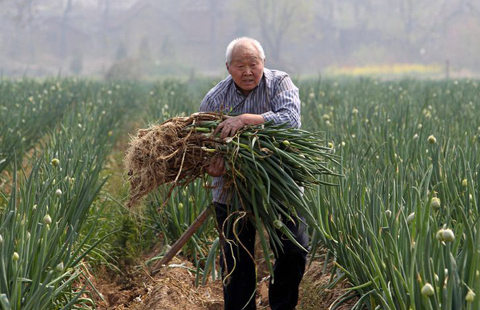
 Take home as many as you like
Take home as many as you like
 Weifang holds kite fair
Weifang holds kite fair
 3,000 Chinese sturgeons released into Yangtze River
3,000 Chinese sturgeons released into Yangtze River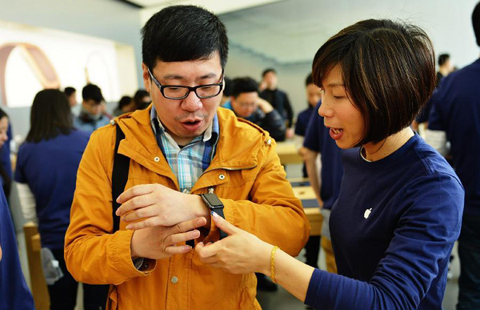
 Apple Watch makes debut in China's Hangzhou
Apple Watch makes debut in China's Hangzhou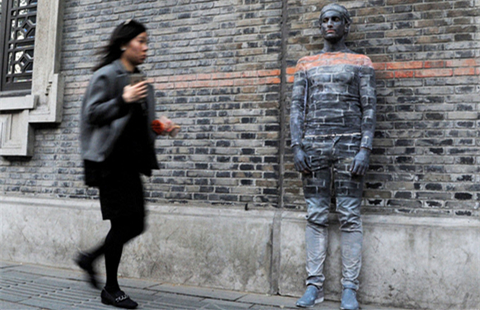
 Urban chameleon blends into background
Urban chameleon blends into background
 Highlights of top 10 archeological finds in 2014
Highlights of top 10 archeological finds in 2014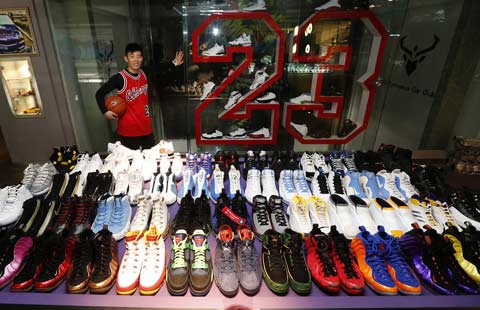
 Jordan super fan shows off collection
Jordan super fan shows off collection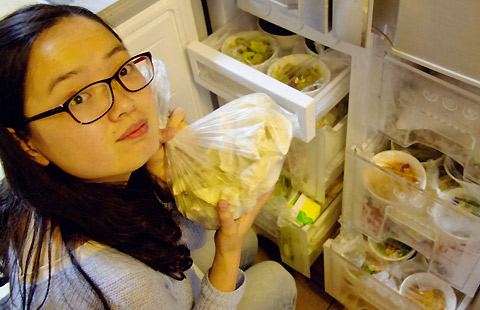
 A soldier husband's labor of love
A soldier husband's labor of love
Most Viewed
Editor's Picks

|

|

|

|

|

|
Today's Top News
US backs China's campaign to hunt
down fugitives
Obama, Castro hold historic meeting, vow to turn the page
Consulate general praises C-100 on 25th anniversary
Schwarzenegger to address Beijing film festival
Reform, innovation key to boost demand, growth: Li
Washington's trick of 'thief crying stop thief' on South China Sea
CreditEase, US firm team up
US, Cuba hold highest-level talks since 1961
US Weekly

|

|






